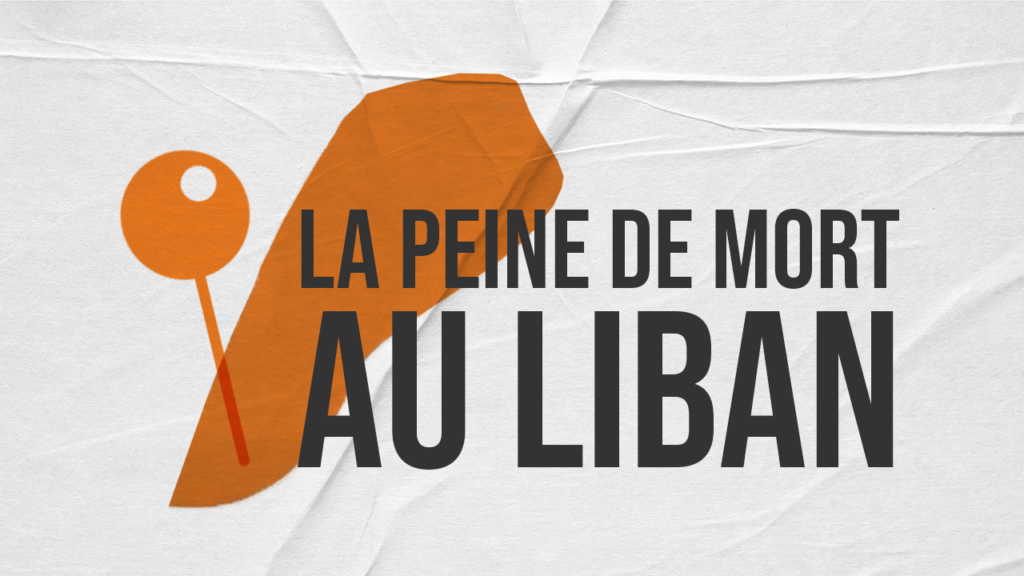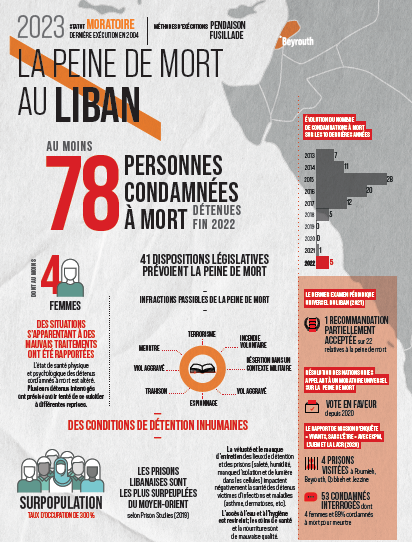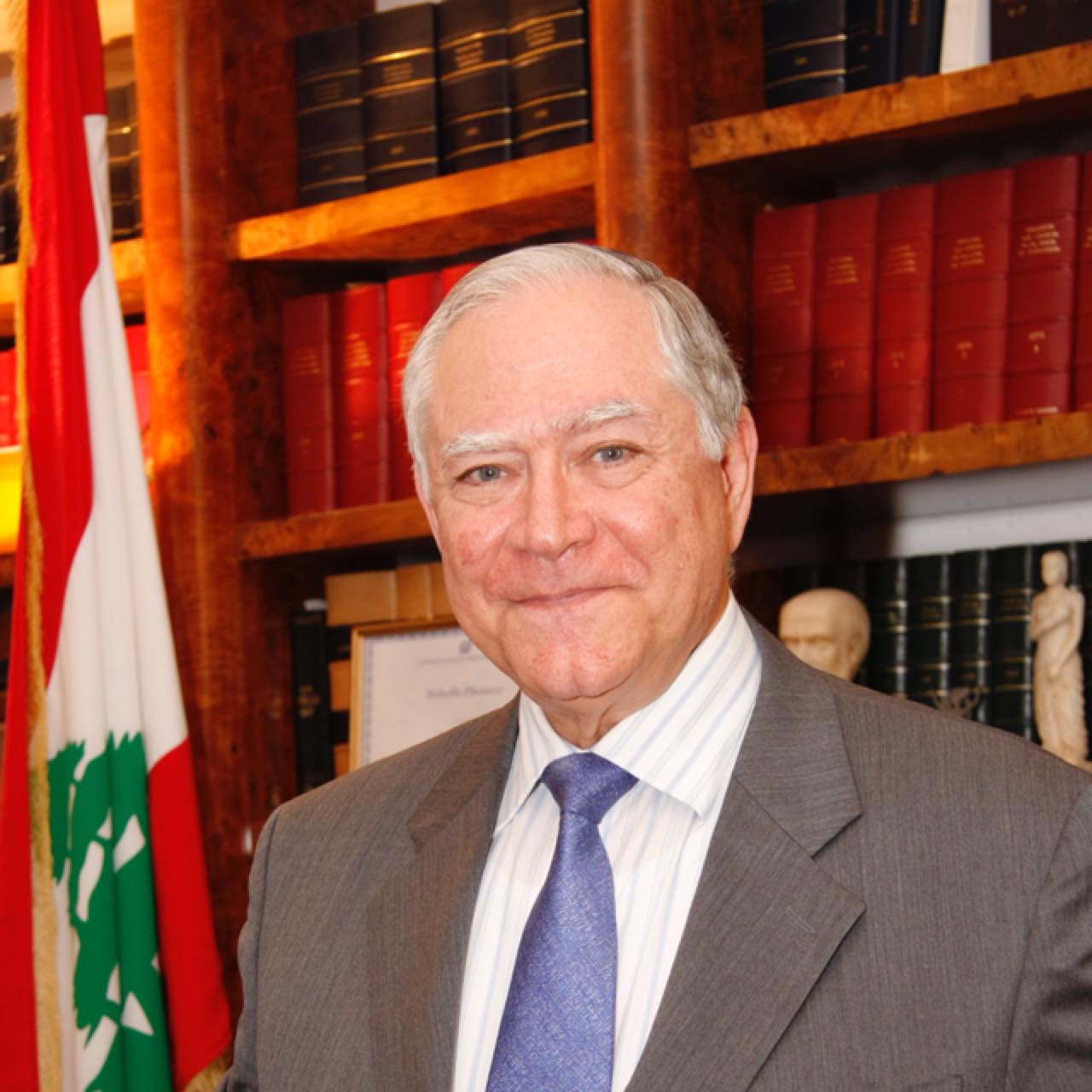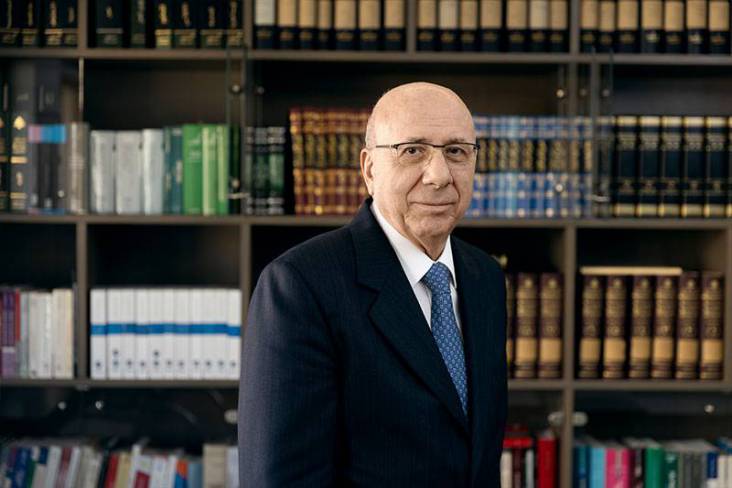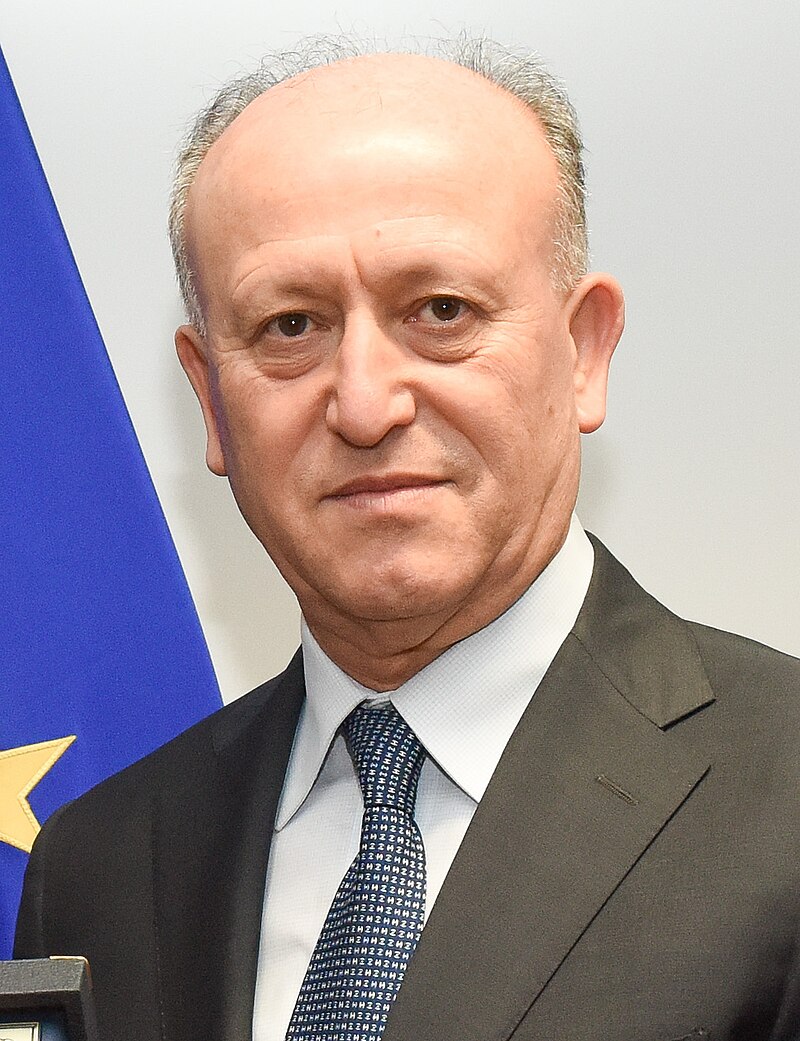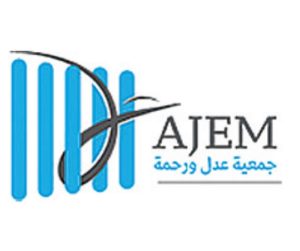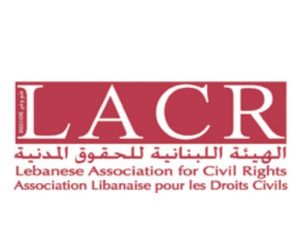On the occasion of World Day against the Death Penalty, under the theme “The death penalty protects no one”, ECPM looks back at the history of Lebanon, a state that has had a moratorium in place for 20 years, to underline the importance of the long process it has taken to gradually move away from the Law of Talion. The abolition of capital punishment in the country remains a major objective for ECPM and its local partners, AJEM and LACR.
The last execution in Lebanon dates back to 2004. Lebanon is therefore celebrating 20 years of moratorium this year. Major steps have been taken towards the universal abolition of capital punishment. In 2020 and 2022, Lebanon voted in favor of the United Nations General Assembly Resolution calling for a universal moratorium on the use of the death penalty. In 2023, 2 new death sentences were reported. At the end of 2023, at least 58 people on death row were in detention, most of them in very difficult conditions.
Proposals for legal texts still pending
In 2004, Dr Walid Slaybi, general coordinator of the National Abolitionist Campaign, proposed an abolitionist law that ultimately failed to reach Parliament. Since then, there have been numerous legislative attempts, but unfortunately in vain. In a context marked by regular institutional, political and economic crises that have worsened in recent years, putting forward such proposals for legislative reform is a particularly delicate and difficult attempt.
Lebanese politicians staunchly commit to abolition
On numerous occasions, successive Ministers of Justice have taken a clear stand in favor of abolition. As early as 2008, Ibrahim Najjar opposed the death sentences of 19 people. He was followed by Chakib Cortbaoui, Ashraf Rifi and Salim Hoss. The latter who recently passed away.
This political commitment is promising, but seems to be hampered by the country’s political instability since the end of President Michel Aoun’s term of office on October 31, 2022. Indeed, Parliament is unable to elect a successor, as no party has the majority to impose a candidate.
ECPM’s actions and its local partners
Fortement ancré à l’échelle locale avec l’aide de ses partenaires (l’AJEM et la LACR), ECPM poursuit ses actions de plaidoyer vers l’abolition universelle.
From Robert Badinter’s conference at the Beirut bar in 2013, to the completion of the “Alive, without being” fact-finding mission in 2019, the abolitionist fight continues unabated. ECPM’s local partners are behind several awareness-raising and training initiatives, such as LACR, which is a founding member of the International Network to Educate to Abolition (RIEA).

